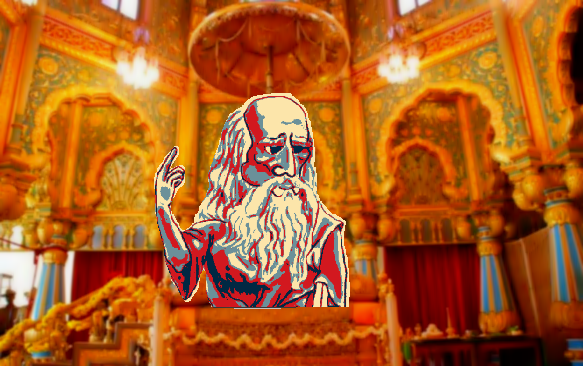Country Series – This will feature countries from alphabetical order, A to Z. One film from a country will be written. Next in the series will be from I...
Earlier Posts - Afghanistan, Burma, Columbia, Denmark, Egypt, Fiji, Georgia, Jamaica
Don’t ask is Hong Kong is still a country? This film came when Hong Kong was still with British.
I had always been fascinated by films which deal with multiple stories. There will be a particular place where all the stories will be connected, so we will be eager to see the moment. Films like Ameros Perros, Babel, Ayuda Ezuthu deals with multiple stories with a connecting point. I thought Chungking Express will be like the one amongst the above listed films. But it turned out to be like K Balachander “Oru Veddu Iru Vasal”- a theme based Tamil film. The connecting point in the Chungking is love or getting out of the break-up phase.
What is this Chungking mean? It’s a mansion, or a group of building in the city of Hong Kong. The story is set in the hustle and bustle of this mansion, where people living in close quarters. A quick run through Wiki says, Chungking mansion has eclectic number of people with different nationalities. Bound by its anthropology the film has all sorts of characters from different nationalities- Indians (Pakisthanis, Indians, Bangaladesis), Asians (Chinese, Thai..) & Westerners.
The first part deals with a cop (No. 223) falling in love with a blonde girl. Cop 223 is already into a break-up and he is whining about it. The blonde girl, prepares a set of drug mules, but she losses them to her rival in the airport. She moves to a bar and bumps into the cop No. 223. They end up in her apartment.
The next story is about a beat cop No. 663, who is also in his love break-up with a air hostess. He meets Faye, a waitress in a small eatery. Both the cop and Faye play hide and seek game with their love.
Every 4th scene someone is cleaning something! Is Hong Kong people that clean consciousness. There is no story; no plot develops in both the stories, no specific ending. There is no connecting point between both the stories. You might be frustrated, if you look at the film like a conventional film.



